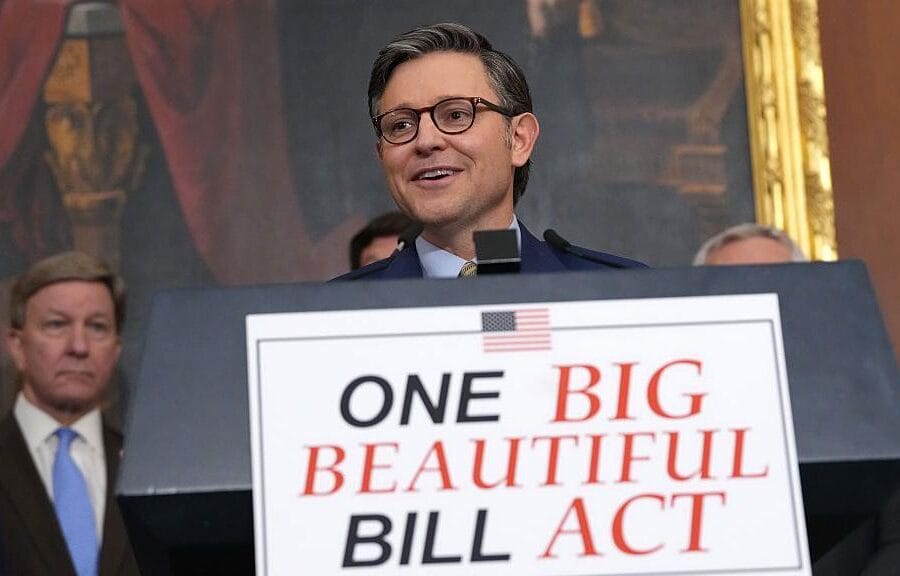The last several days, we’ve discussed Democratic reluctance to meet with Supreme Court nominee Brett Kavanaugh. According to reports coming in late last week, that reluctance may now be thawing – perhaps thanks to a new pro-abortion strategy to derail Kavanaugh.
Politico reported late Friday, following a Washington Post report, that Senate Minority Leader Chuck Schumer (D-NY) and Dianne Feinstein (D-CA), the ranking member on the Senate Judiciary Committee, will meet with Kavanaugh after August 15th, the day the Senate comes back from its August recess. Meetings with Sen. Joe Donnelly (D-IN) and Heidi Heitkamp (D-ND) are set for August 15th, and the office of Sen. Claire McCaskill (D-MO), another senator from a state Trump won, said she will meet with him on August 21st. Judge Kavanaugh has already met with most of the Republican Senators, to “rave” reviews of the nominee’s credentials and personality, the Post reported today.
The initial meetings with Democratic leadership may be a Trojan horse, though, as sources told the Post and Politico last week that opposition leadership plans to use the meetings to grill Kavanaugh on his positions on sensitive issues such as executive authority over the Russia investigation, as well as to enlist his support to have the records of his service as Staff Secretary to the George W. Bush administration released by the Judiciary Committee.
So far, the Post reported Friday, the Judiciary Committee plans to release more than 125,000 pages from the White House counsel’s office during the Bush years, and last Friday it requested another 20,000 from his service on Kenneth Starr’s Whitewater investigation. Already, approximately 17,000 pages were released from Judge Kavanaugh’s nomination questionnaire and his 300-plus cases as an appellate judge, the Post said. However, the National Archives maintains that it cannot release documents related to the Bush White House without a request from the Judiciary Committee, according to the Post, which Chairman Charles Grassley (R-IA) has said would not be forthcoming.
Given Kavanaugh’s commitment to appropriately delegated authority between the branches of government, it is doubtful that Sen. Schumer and company will be able to get him on board with their plan to pressure the Judiciary Committee to release those documents. And there is a double-edged sword for Kavanaugh in the Democratic plan; if the leadership succeeds in prying documents from the Bush archives, other Democrats can follow suit, scheduling meetings and hounding the nominee with questions related to those documents, regardless of whether Kavanaugh had substantive input into the issues they raised. Doubtless, Democrats want to put Kavanaugh in a position of answering to alleged failures to comment or oppose politically controversial policies of the Bush administration, such as “waterboarding” detainees at Guantanamo Bay, and arguing that his silence on such issues amounted to assent. This seems, once again, to be a desperate ploy, but opposition senators may be concluding that it’s their only shot.



